Pre-Symposium Agency Visits

Introduction of Route 3 / Eco-Friendly, Charity, and Social Enterprise
Recycling station of Buddhist Compassion Relief Tzu Chi Foundation
In August 1990, Dharma Master Cheng Yen was invited by the T.H. Wu Foundation to give a public lecture in Taichung, Taiwan. As she walked to the venue of the lecture early in the morning, she saw piles of trash lining the streets in a night market; she was deeply saddened. When the audience was applauding her at the end of the lecture, she urged them to protect the beautiful environment of Taiwan by using their “clapping hands” to sort trash for recycling. The Master hoped that everyone could take action to protect Mother Earth and mitigate the impact of global warming.
Since Master Cheng Yen started appealing to the public to reduce waste and start recycling, Tzu Chi volunteers from all walks of life have become actively involved in collecting and sorting trash for recycling.
In 1994, Taiwan was hit by Typhoon Doug, which caused severe floods and mudslides. After the disaster, Tzu Chi tirelessly promoted waste reduction to the public; it urged everyone not to use disposable eating utensils. To lead by example, Tzu Chi volunteers themselves started to bring reusable utensils. In 2001, Typhoon Nari inundated 19 counties and cities around Taiwan. In its aftermath, the volunteers supplied 660,000 hot meals to the disaster victims with non-disposable bowls, in an effort to protect the environment.
The Tzu Chi environmental protection movement has flourished not only in Taiwan, but globally as well. The foundation’s offices overseas have expanded their environmental efforts at the community level. Volunteers in Malaysia hold monthly recycling activities; those in the United States sort trash for recycling in their home garages and those in South Africa make rice sacks into reusable carrier bags. All these practices came from Tzu Chi’s environmental efforts in Taiwan.
In 2004, the NGO started making blankets from PET bottles collected by its volunteers across Taiwan; it distributes them as aid supplies during disaster relief. Proceeds from the sale of recyclables island-wide are used to fund its Da Ai (Great Love) TV; this is a network that produces programs which spread the message of environmental protection and share inspiring real life stories of human compassion and goodness. In this way, the foundation aims to create a “pure stream” that serves to cleanse human minds around the world.
After much active campaigning by the Foundation, there are now over 100,000 recycling volunteers in 16 countries and regions who have responded to the call; they have set up more than 10,000 recycling points and stations. Tzu Chi’s ongoing environmental efforts have been recognized by the United Nations. In 2005, during World Environment Day, Tzu Chi was invited to share its experience in environmental protection with delegates from around the world.
The small actions of each individual can significantly impact the world, like The Butterfly Effect. Master Cheng Yen said: “To save the world, we must first save the hearts and minds of people. If we wish to influence the world, we must first transform people’s minds.” Everyone hopes for good health and a world free of disasters. To achieve that, we must start by cultivating the right mindset in ourselves and translate it into prompt actions that conserve the environment. Then we will be able to transform Taiwan and the rest of the world into a Pure Land where humanity coexists in harmony with Nature.
